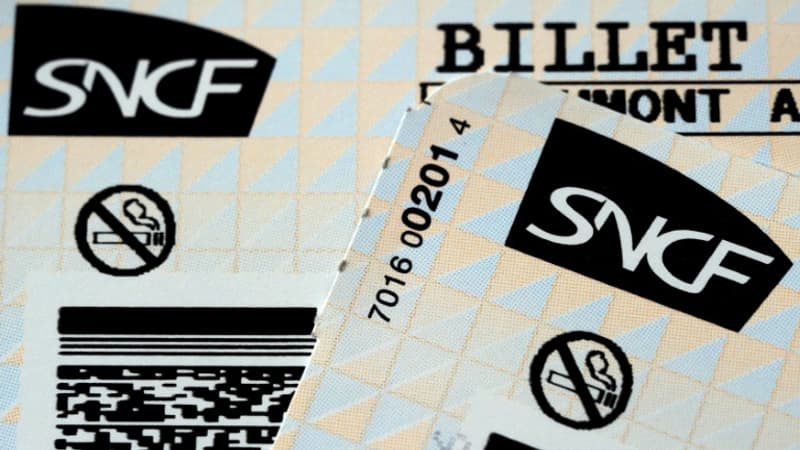SNCF users have been put to the test since the beginning of the social movement against the pension reform. The railway union inter-union has in effect renewed the strike since January 19, with more or less riots every day.
This Thursday, for the 9th national day of mobilization, only 1 TGV of 2 circulates, 1 TER of 3 and almost no Intercités.
What are your exchange or refund options if your train has been cancelled?
• Free exchange
In the event of the cancellation of a train by the SNCF due to a strike, the exchange or return conditions are made more flexible.
The SNCF thus indicates that “TGV and INTERCITES travelers affected by the cancellation of their train are contacted by email or SMS to exchange their ticket for another train free of charge as far as possible” before departure time.
Therefore, the change is free, while normally 19 euros are charged (15 euros for Intercités) if the request is made less than 7 days before departure.
It can be done via the SNCF Connect app, by phone (3635) or at the counter (with the 6-character file reference and the name used for the order). This exchange is immediate.
• Full refund
SNCF explains that customers can “cancel their ticket on SNCF sites and apps with a full refund” before departure time. The refund occurs on average 3 to 5 days after the customer’s request.
To facilitate the processing of the file, the SNCF specifies that “if your purchase has been made online, it is important to follow the process of the same site for the refund.” In addition, you can even request the free change and return of the trains maintained during the strike.
• Exchange: what happens in case of price difference?
If it is possible to change your ticket for free, it is not impossible that the new ticket will be more expensive than the first one.
As a general rule, the customer must pay the fare difference, but in these strike circumstances, the SNCF ensures that it will make up the difference. Therefore, the customer will not be charged.
• What happens if the cancellation of my train generates additional costs?
Cancellation of your train may result in charges such as an additional hotel night. A traveler may also decide to take another means of transportation to reach their destination (plane, carpool, etc.).
But for all these cases, there will be no full or partial support of the costs by the SNCF.
• What to do in case of non-reimbursement?
Refunds take “generally a few days,” says the SNCF. But if you have not been refunded, the first action is to contact the SNCF sales department, with the supporting documents (ticket, cancellation text message, refund request reference).
If the situation is still blocked, you can contact the SNCF mediator.
• And what about the TERs?
The circulation of TER was especially disturbed by the renewable strike of the railway workers. Many customers who had monthly or annual season tickets for these daily regional trains have been affected.
However, the pricing policy for these trains is the responsibility of the regions. In the event of interruptions due to strikes or other problems, it is the regions that negotiate with the SNCF to obtain compensation or reimbursement. Therefore, they differ from region to region.
In the Grand-Est region, for example, in February 1.5 million TER “low cost” tickets went on sale for three months. In addition, monthly pass holders will also obtain a 50% refund for three months (from February to April), a measure whose cost is borne by the SNCF.
Source: BFM TV


